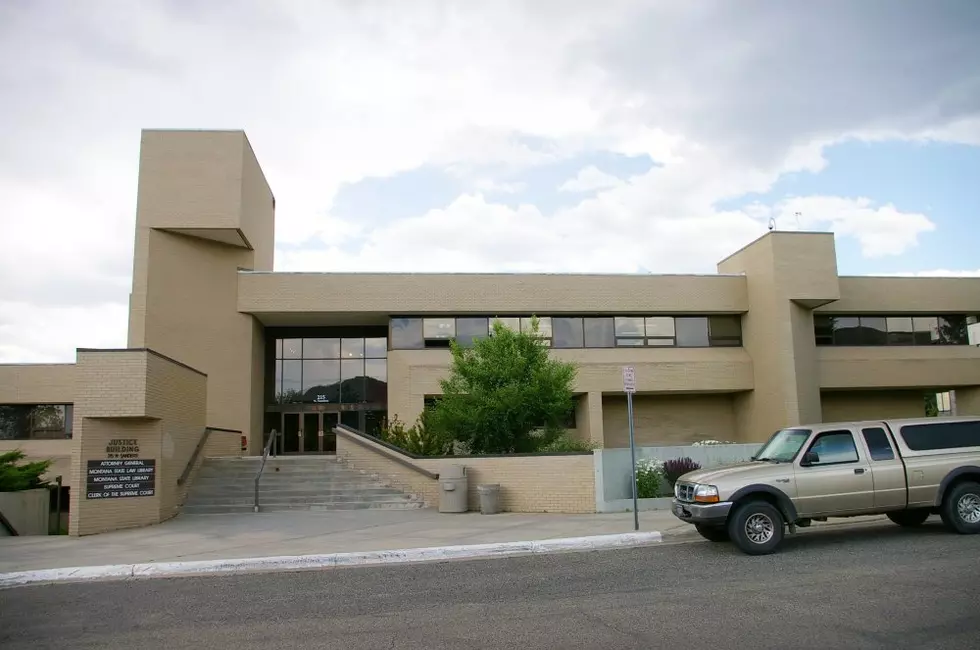
Court Strikes Down Montana Law Barring Political Robocalls
HELENA, Mont. (AP) — A federal appeals court ruled Tuesday that Montana can’t ban political robocalls based on their content alone, marking the latest in a string of court decisions against U.S. states that attempt to restrict automated phone calls promoting political campaigns.
A three-judge panel of the 9th U.S. Circuit Court of Appeals ruled that Montana’s law prohibiting political robocalls — recorded phone messages that advocate for a candidate or seek information for a political campaign — is a violation of the First Amendment’s free-speech protections.
The court has previously upheld other state laws that regulate robocalls, such as those that aim to protect consumers from scams, but those laws were based on how robocalls are made and not on what they say, the judges said.
“In particular, prohibiting political robocalls strikes at the heart of the First Amendment,” Judge Richard Paez wrote in the opinion.
Unless an appeal changes the outcome, the ruling to restrict political robocalls based on content alone applies across the nine Western states within the 9th Circuit’s jurisdiction. It’s also in line with other court decisions across the nation, including an opinion by the 4th Circuit, which oversees four mid-Atlantic states and struck down a similar South Carolina law in 2015.
District courts in Wyoming and Arkansas also have found political robocall laws in those states unconstitutional. The 7th Circuit, which covers three Midwestern states, upheld an Indiana anti-robocall law in 2017, but that court ruled Indiana’s statute did not discriminate by content — the law regulated who may be called, not the message.
Debra Bernard, a partner with the law firm Perkins Coie who last year wrote an article on political robocalls for the National Law Journal , said the U.S. Supreme Court may want to weigh in on the issue in the future, given the important constitutional question it addresses.
“Any restrictions on political speech must be carefully scrutinized as such speech is one of the pillars of our democracy,” she said.
Montana passed its anti-robocall law in 1991, the same year the federal Telephone Consumer Protection Act became effective. The federal law bars political robocalls to mobile devices without prior consent, but it does allow them to landline phones, according to the Federal Communications Commission.
More From KBUL NEWS TALK 970 AM & 103.3 FM









